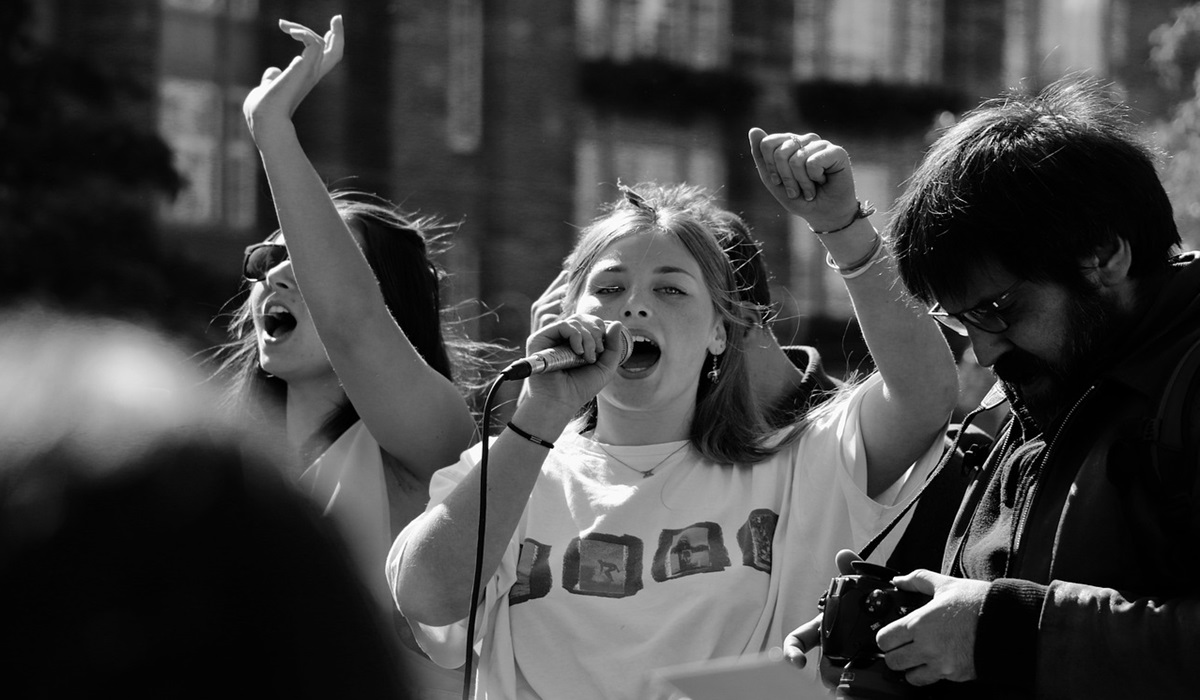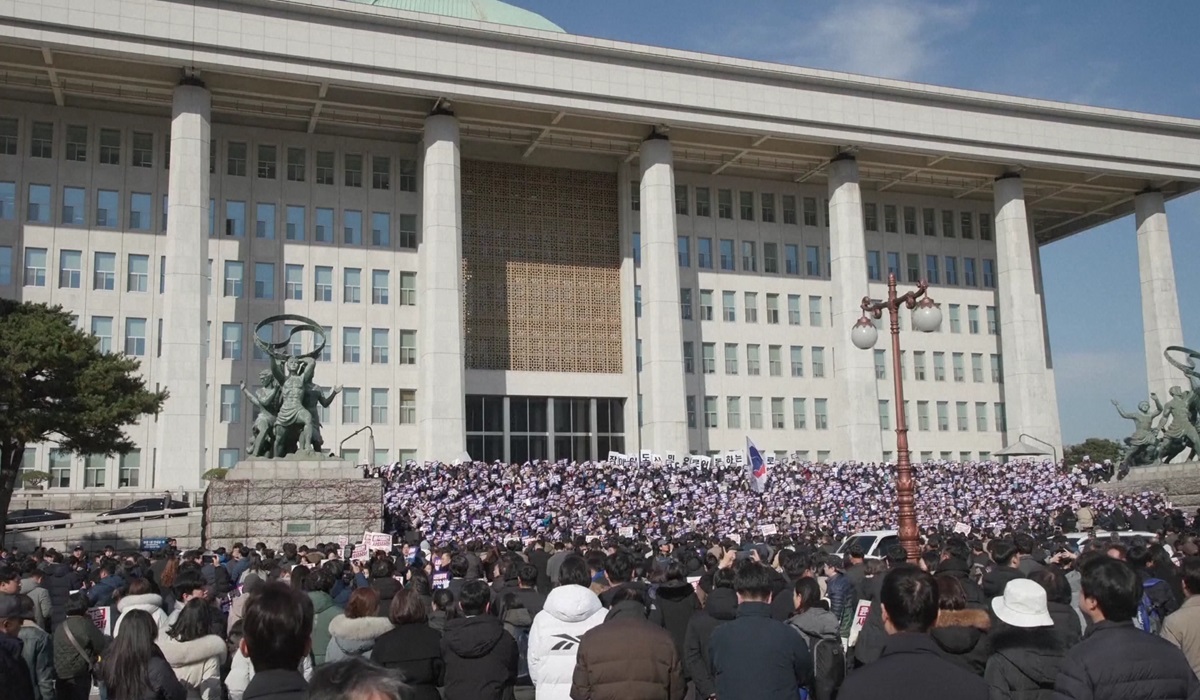The Overlooked Perils: Examining the Dangers of the Far Left Movement
- TDS News
- Breaking News
- March 2, 2024

Image credit, Flore W
In our daily political discourse, much attention has been rightfully directed towards the dangers posed by extreme right-wing ideologies, with their anti-establishment sentiments, hard-line anti-choice stances, and identity-driven politics. However, it is crucial to spotlight the less-discussed but equally perilous aspect of extremism – the far-left movement. This faction, often associated with extreme social justice, gender fluidity, and an all-encompassing utopian vision, can pose severe threats to societal freedom of choice and clash with freedom of religion.
While the media frequently condemns the far right for its associations with racism and rigid ideologies, the far left’s potential dangers are sometimes overlooked. It is essential to recognize that extremism on either end of the political spectrum can lead to societal fractures, and a balanced discourse requires scrutiny of both extremes.
One of the fundamental concerns associated with the far left is its rejection of traditional concepts of gender. Advocates for this ideology assert that there are no such things as genders, advocating for a more fluid and inclusive understanding of identity. While inclusivity is a commendable goal, rejecting biological realities can have unintended consequences, particularly in healthcare and education. By negating the significance of biological differences between sexes, the far left may inadvertently dismiss crucial medical considerations and hinder the ability to address the unique needs of diverse individuals.
Moreover, the all-encompassing “Kumbaya for everyone” mentality embraced by extreme left-wing ideologies may sound appealing in theory but can be impractical and unrealistic in practice. Promoting a utopian vision that ignores the complexities of human nature, science and societal structures, the far left risks creating an environment where dissent is suppressed, critical thinking is stifled, and the nuanced discussions necessary for progress are hindered.
Extreme social justice, another hallmark of the far left, can also threaten society’s fabric. While pursuing justice and equality is noble, the far left’s approach often involves a form of ideological purity that can lead to cancel culture and the suppression of differing opinions. This tendency to silence dissent can undermine the democratic principles of free speech and open dialogue, creating an environment where individuals may hesitate to express their views for fear of retribution.
Critics argue that the extreme left’s focus on social justice may inadvertently perpetuate division by promoting identity politics over a shared sense of humanity. By emphasizing differences and categorizing individuals into distinct groups, the far left risks fostering a society where people are defined solely by their demographics rather than their unique qualities and perspectives. This identity-driven politics can contribute to a fractured society, where unity becomes increasingly elusive.
Another noteworthy concern is the far left’s approach to government. While anti-establishment sentiments are often associated with the far right, the extreme left harbors distrust towards traditional governance structures yet advocates to expand administrations. This skepticism can manifest in calls for radical changes to the political system, potentially destabilizing the foundations that uphold a functioning society. Striking a balance between advocating for change and preserving the stability of governance structures is a delicate task, and the far left’s tendency to push for drastic overhauls may risk unintended consequences.
While the dangers of the far right movement are well-documented and frequently condemned by the media, it is imperative to acknowledge the potential perils associated with the far left. The rejection of traditional gender concepts, an overly idealistic vision of society, extreme social justice, and a distrust of established governance structures all contribute to the complex tapestry of far-left ideologies. A nuanced and balanced discourse is crucial for a healthy democracy, and ignoring the far left’s potential dangers only perpetuates a one-sided narrative. By fostering open dialogue and encouraging critical thinking, society can navigate the challenges posed by extreme ideologies and work towards a more inclusive, just, and united future.








